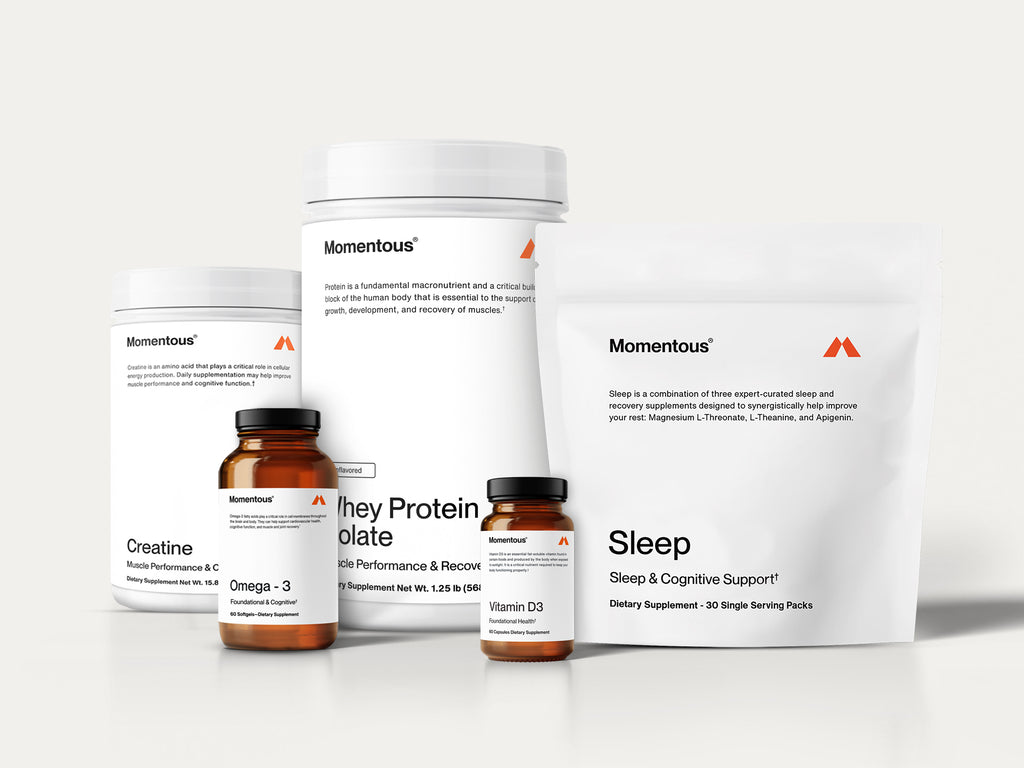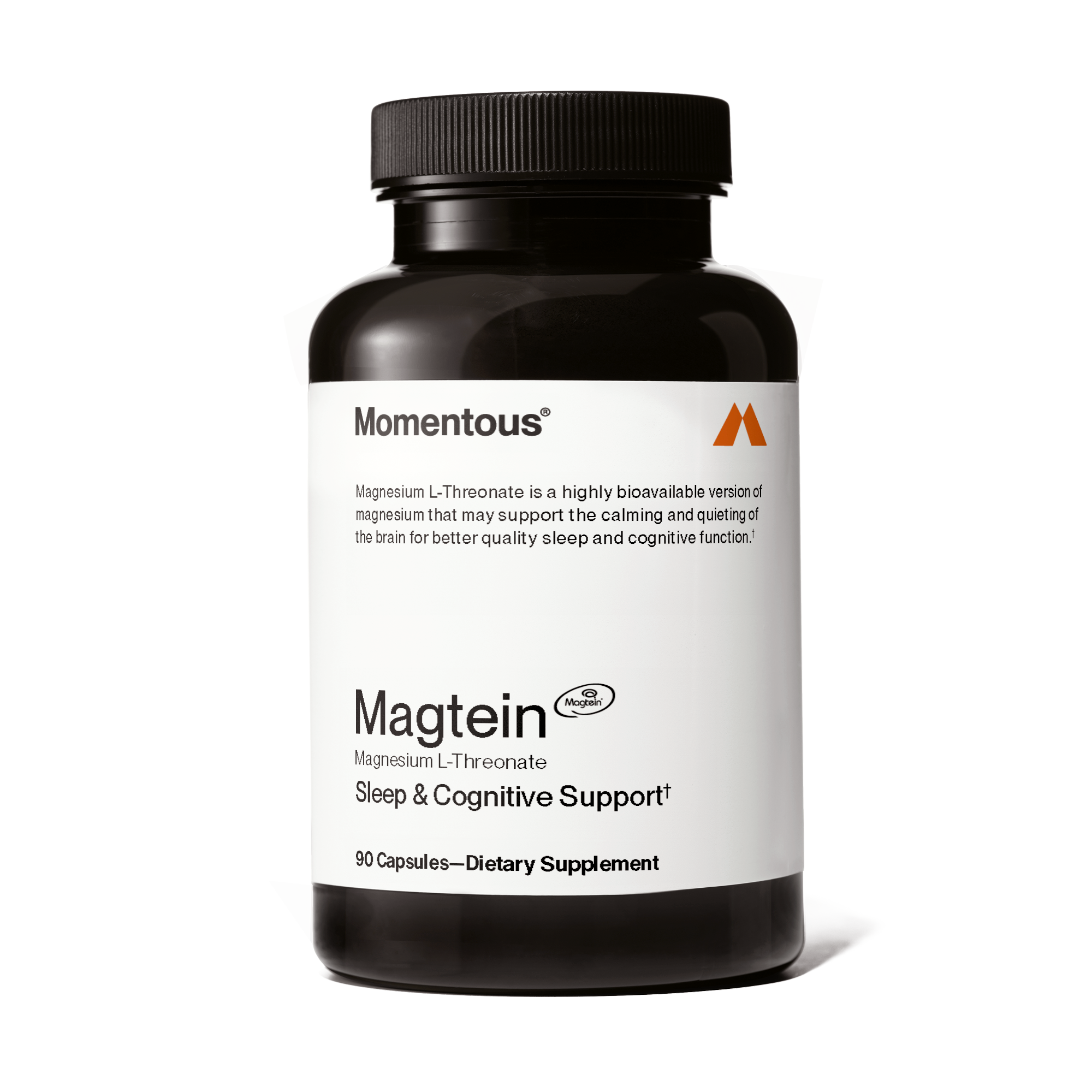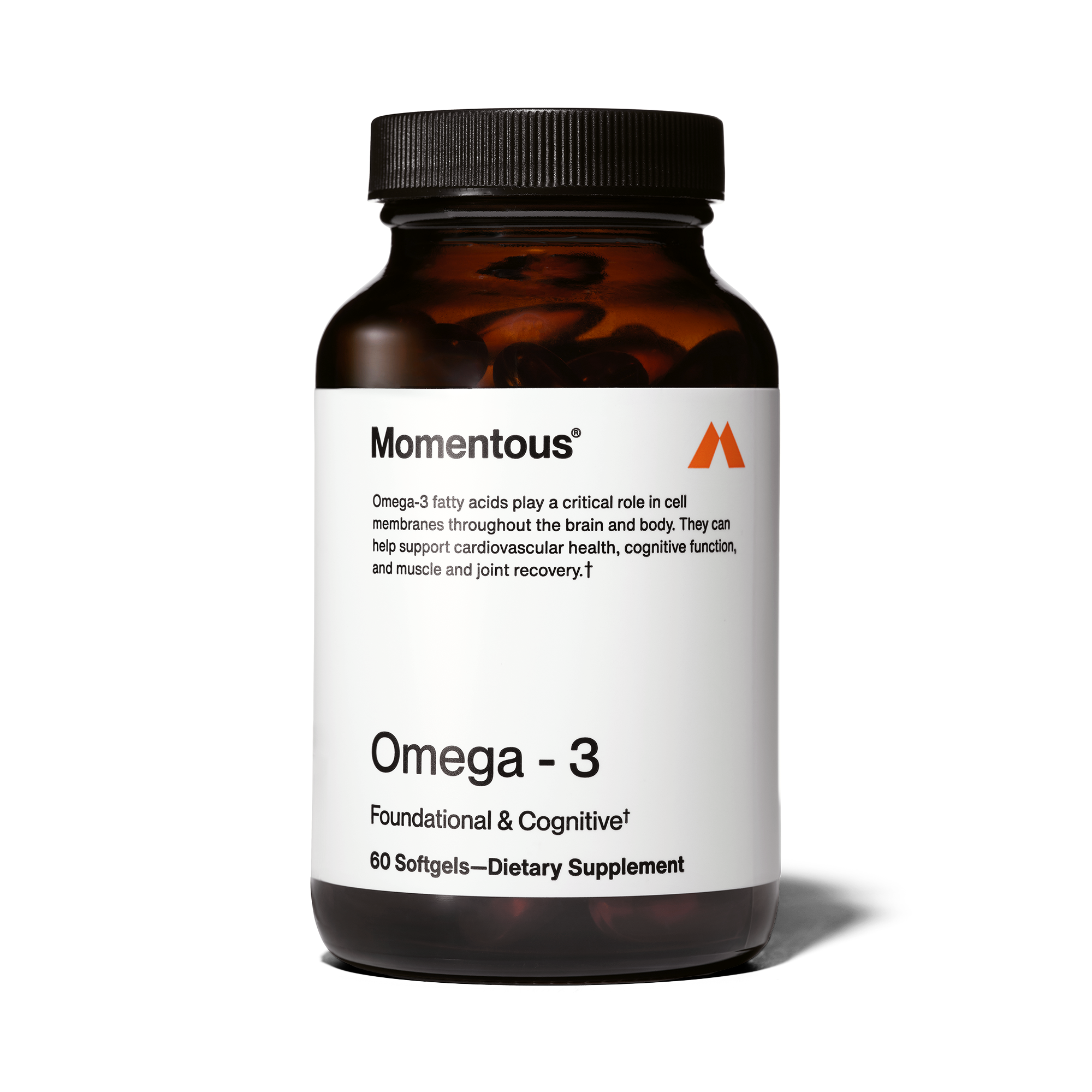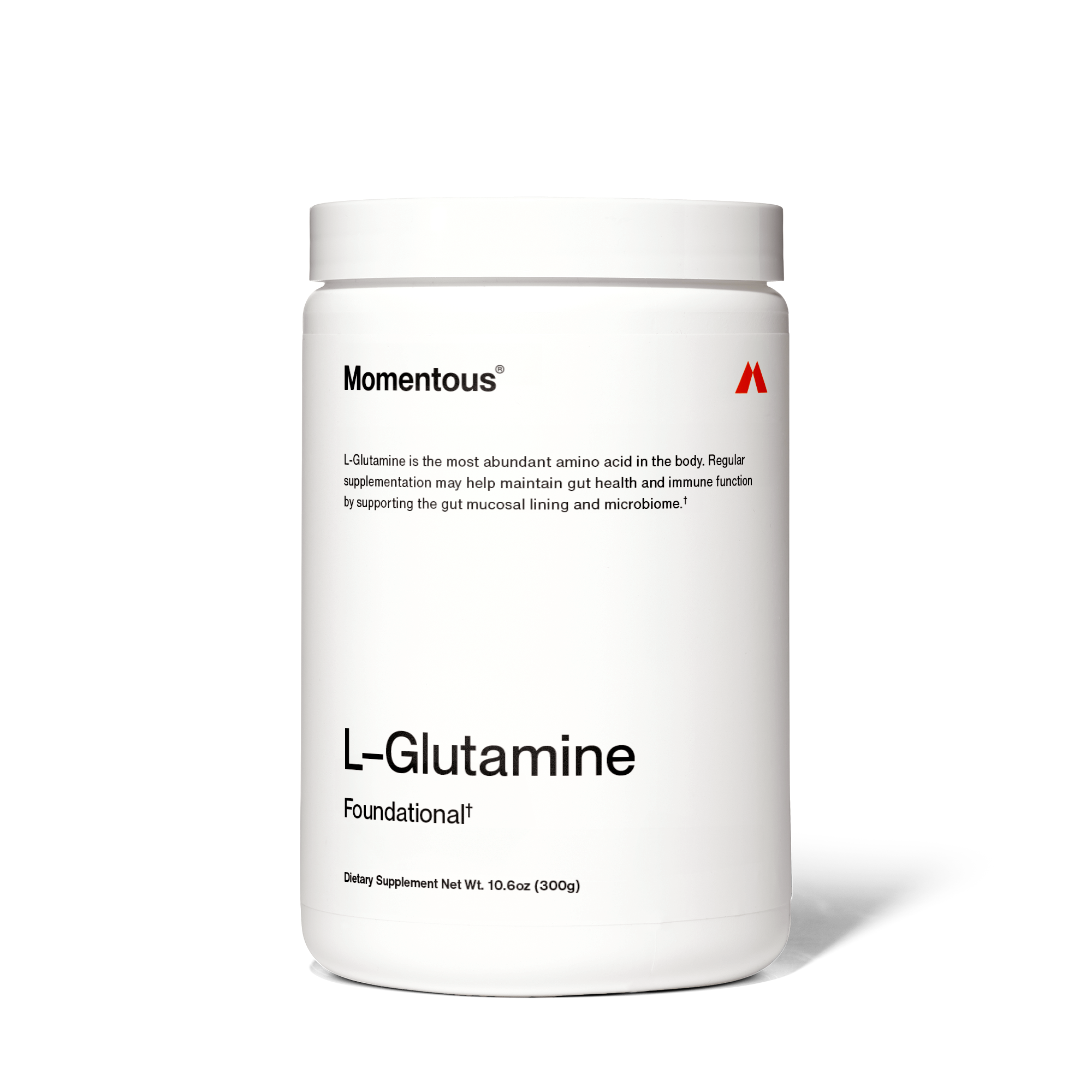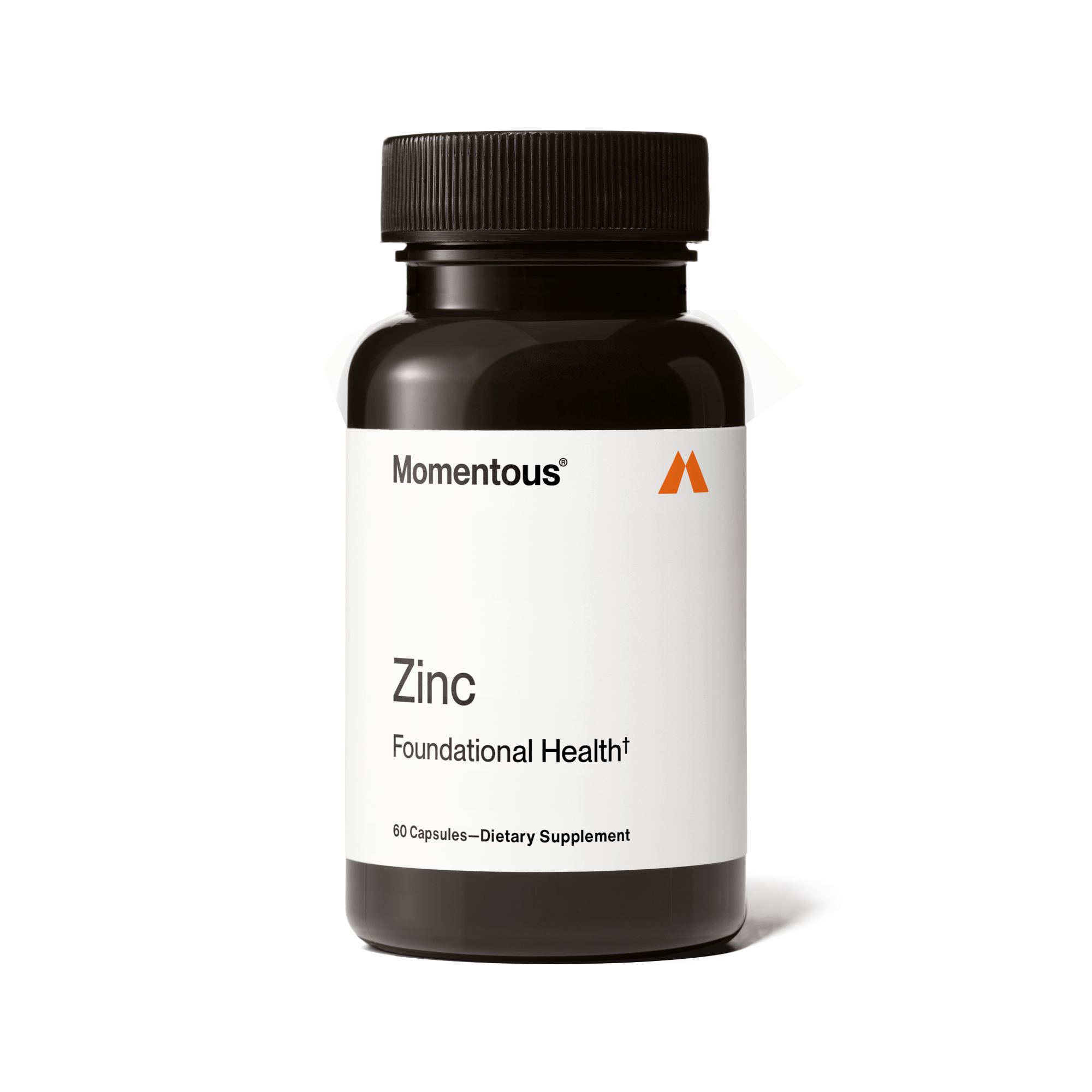Highly absorbable magnesium to support sleep, focus + brain health
Potent, clean Omega-3 for cardiovascular + brain health
Supports gut health, immune function, and muscle recovery
Essential mineral to support immune health + cellular repair
INTRODUCTION
Conversations about the menstrual cycle and cognitive performance have flowed in changing ways over the last several decades. For years, the assumption was that the hormonal fluctuations that took place during their cycle made women less capable of making difficult decisions, or navigating heightened, complex situations. The truth is that while the menstrual cycle doesn’t impede a woman’s ability to achieve in her chosen field, the hormonal fluctuations present throughout the different phases are intrinsically linked to her cognitive performance.
The negative assumptions that dominated the conversation for decades have created an additional and perhaps unforeseen problem: the fight to prove that women can succeed in high-caliber positions has made conversations about the actual cognitive impacts of a menstrual cycle less explored. Approximately 1.8 billion people (including women, girls, non-binary persons, and transgender men) worldwide experience a regular menstrual cycle, which often comes with a slew of physically painful symptoms. These symptoms are tough enough to deal with daily, yet the mentally painful symptoms are often shrugged off with old quips about PMS irritability. It’s time we start talking about how our periods affect our brains and what we can do to give ourselves a little extra support each month.
THE CYCLE & ITS SEX HORMONES
During each phase of our cycle, our bodies undergo fluctuations of the sex hormones, estrogen and progesterone. These hormones are primarily associated with sexual and reproductive development in women, but all bodies, including males and people who are intersex, produce these hormones. Estrogen, including estradiol, estriol, and estrone, are a group of hormones that help maintain the menstrual cycle, while progesterone is a steroid hormone. Both send chemical messages to prepare the body for pregnancy. They also help with other important biochemical responsibilities, including bone health, mood regulation, and brain function (Endocrine Society). During each stage of the menstrual cycle, women experience fluctuations of these hormones.
THE CYCLE PHASES & COGNITIVE IMPACTS
While every cycle is unique, the average menstrual cycle lasts 28 days and consists of four phases.
- Menses - Take place from days 1-5 on average
- Follicular - Takes place from days 1-14 on average
- Ovulation - Takes place on day 14 typically
- Luteal - Takes place on days 15-28 on average
Phase 1 - Menses
During menses (or the menstrual phase), our bodies realize that the egg released during the previous cycle was not fertilized, which causes our bodies to shed the lining of our uterus. This results in what we call our period.
Women experience a variety of symptoms slightly before and during menses. Physical symptoms like cramps, breast tenderness, fatigue, and bloating are common. Mental symptoms, however, can range from expected levels of irritability, anxiety, and mood swings to more severe symptoms like clinical depression, trouble focusing, and panic attacks. The latter are associated with premenstrual dysphoric disorder (PMDD), which impacts approximately eight percent of the population.
During menses, estrogen and progesterone levels significantly drop. Studies have highlighted that low levels of estrogen are linked to low levels of serotonin, a chemical associated with satisfaction and overall joy. Low estrogen and progesterone combined with low serotonin can lead to headaches, irritability, fatigue, and brain fog.
Phase 2 - Follicular
While this stage is listed chronologically second, it occurs during and after menses. At the start of the cycle, our brain region, known as the hypothalamus, tells our pituitary gland to release a hormone that stimulates follicle growth. The release of this follicle-stimulating hormone, often referred to as FSH, causes our ovaries to start producing follicles, each containing an egg. The healthiest egg will mature while the rest of the follicles absorb back into our bodies.
The maturation of this egg then causes our bodies to release estrogen, thickening our uterine lining. With the increase of estrogen, some women report feeling increased levels of satisfaction, joy, and energy.
Phase 3 - Ovulation Phase
The quickest of all phases, the ovulation phase typically only lasts 24 hours and occurs when our pituitary gland recognizes our high estrogen levels and releases hormones that help the mature egg travel from the ovary to our fallopian tubes.
During this phase, women often report both high and low levels of energy, and many vacillate between the two.
Phase 4 - Luteal Phase
The final phase of the cycle, the luteal phase, begins with an increase in progesterone as the body prepares for the egg to be fertilized. If the egg is not fertilized, the previously formed follicles all absorb back into the body, and both estrogen and progesterone levels drop as the body takes steps to move back into menses.
The symptoms associated with premenstrual syndrome, or PMS, include headaches, mood changes, difficulty sleeping, along with many other undesirable physical pains.
After that, the cycle begins again, as its name suggests.
WORKING WITH YOUR PERIOD INSTEAD OF AGAINST IT
The fluctuation of our hormonal levels throughout the different phases of our cycle aren’t going away, but there are some brain-rich nutrients and physical activities that can help you work with your period rather than against it.
Menses:
|
Possible Cognitive Impacts |
Recommendations During Menses |
|
|
Follicular:
|
Possible Cognitive Impacts |
Recommendations During the Follicular Phase |
|
|
Ovulation:
|
Possible Cognitive Impacts |
Recommendations During Ovulation |
|
|
Luteal:
|
Possible Cognitive Impacts |
Recommendations During the Luteal Phase |
|
|
All women experience uniquely personal menstrual cycles, but a greater understanding of the associated cognitive impacts throughout each phase allows us to face each month a little more prepared than the last. While the knowledge that our periods will arrive each month–accompanied with less-than-ideal symptoms–might not be the most fun way to celebrate being a woman, the assurance of this monthly visitor allows us to continue research to find the nutrients, physical activities, and supplements that work best for our bodies.


